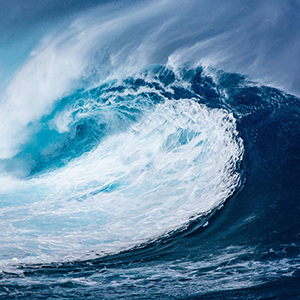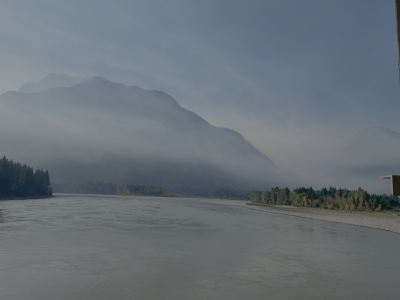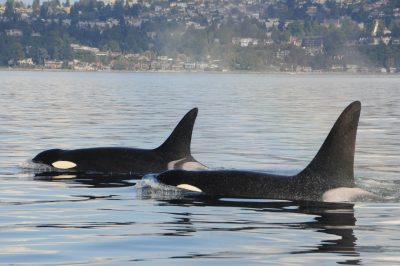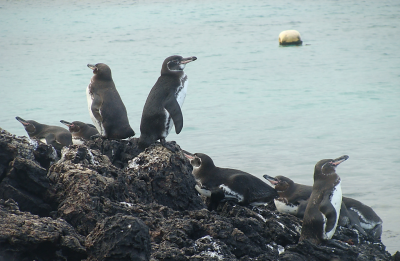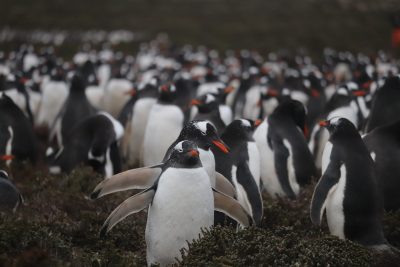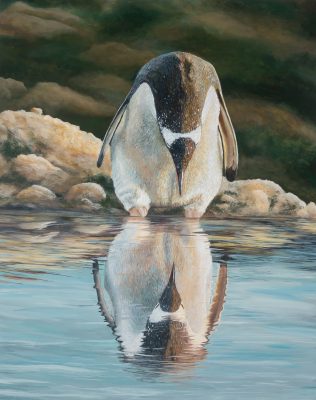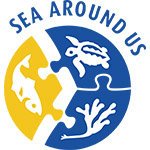When the ocean loses its breath
Oxygen is invisible, but it quietly decides where marine life can live, how it behaves, and how productive ecosystems can be.
Wildfires could be harming our oceans and disrupting their carbon storage
Wildfires pollute waterways and could affect their ability to sequester carbon, recent University of British Columbia research shows.
Paper on sustainable trade under CITES is a ‘Rising Star’
“A practical approach to meeting national obligations for sustainable trade under CITES” won third place in Conservation Biology’s ‘Rising Star’ award competition.
Celebrating our graduates
It is always sad to say goodbye to our graduating students.
William Cheung wins UBC Alumni Achievement Award
He receives the Research and Innovation, which recognizes the important professional and community contributions of UBC alumni who have consistently demonstrated outstanding social achievements in research and innovation.
What could be impacting the food source of Southern Resident killer whales?
There are currently 74 Southern Resident killer whales, and this population is listed as endangered in both Canada and the U.S. The species relies on Pacific salmon (Chinook and coho) for food, however these salmon populations have been decreasing for decades.
Microplastics may be accumulating at a high rate in endangered Galápagos penguins’ food web
The model predictions showed a rapid increase in microplastic accumulation and contamination across the penguins’ prey organisms resulting in Galápagos penguin displaying the highest level of microplastics per biomass, followed by barracuda, anchovy, sardine, herring, and salema and predatory zooplankton.
Do a deep dive into… The Falkland Gentoo Penguins!
Discover the Falkland gentoo penguin and learn from experts at the Institute for the Oceans and Fisheries!
Diving, snacking, laying eggs! What do different hemoglobin levels mean for gentoo penguins?
Gentoo penguins have to food forage before laying eggs. The amount of hemoglobin in their blood may increase diving capacities. Increased diving may mean more tiny penguin chicks.
Sea Around Us co-organizes IMPAC5 side event
The Sea Around Us is co-organizer of the workshop “Marine Biodiversity Knowledges & Governance” taking place on February 2, 2023.
